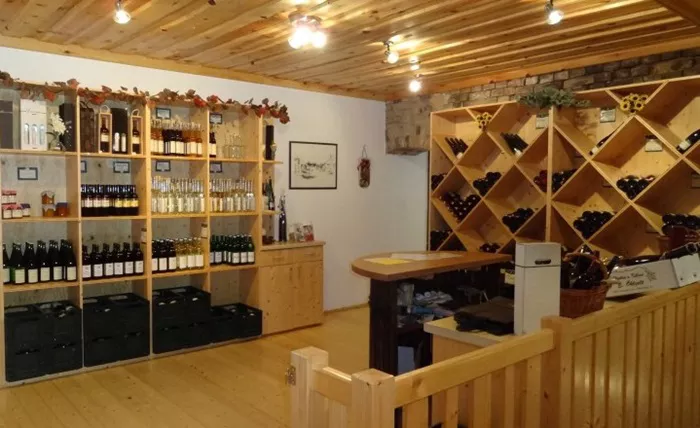In an exclusive interview with Michelin-awarded sommelier Thansith Wasinonth of Côte by Mauro Colagreco, we delved into the evolving wine landscape and the trends shaping 2025. From the enduring allure of classic wines to the rise of artisanal producers and grower Champagnes, Thansith’s insights offer a compelling glimpse into the future of wine.
Thansith’s journey into the world of wine began at the Grand Hyatt Erawan, where he discovered his passion while working alongside the Head Sommelier. His career flourished at Capella, where he joined as a Junior Sommelier during its pre-opening phase and honed his craft under the mentorship of Michelin Sommelier Jay Bottorff. Today, Thansith collaborates with Sabino Jacobone, Head Sommelier at Capella Bangkok, and reflects on his career with gratitude: “I feel incredibly lucky to have had the chance to work with so many inspiring people.”
Classic Meets Artisanal: A Harmonious Balance
Thansith highlights the fascinating interplay between classic and artisanal wines as a defining trend. “When I refer to classics, I’m talking about the traditional producers or the big châteaux with long histories. These wines have earned their recognition over time,” he explains. He underscores the patience required to appreciate classic wines, using Bordeaux as an example: “To truly appreciate its beauty, you need to understand the style and know which vintages are ready to drink. Classics take time, but they’re absolutely worth the wait.”
Simultaneously, Thansith notes a surge in interest in artisanal wines. “These days, there are so many small growers creating exceptional wines. What makes them special is their approachability, both in terms of price and taste,” he says. These producers often focus on local grape varieties, unique winemaking techniques, and sustainable practices. “Many of these growers are hands-on, cultivating their vines, hand-harvesting their grapes, and avoiding pesticides. It’s truly artisanal winemaking, where the growers care deeply for their vines and the land.”
For wine enthusiasts eager to explore beyond established names, Thansith recommends these small producers for their authenticity and distinctive character. “Their wines reflect the individuality of their origins,” he adds.
Grower Champagnes: A Quiet Revolution
Another trend gaining momentum, according to Thansith, is the rise of grower Champagnes. “I love hearing that question,” he says, referring to the increasing number of guests inquiring about this category. Grower Champagnes are produced by vintners who own their vineyards in the Champagne region and oversee the entire winemaking process. “These growers produce in small quantities, but the quality is often fantastic,” he explains.
Thansith believes grower Champagnes offer a unique experience. “Tasting grower Champagne can truly change your perspective. You’re not just drinking Champagne – you’re experiencing the unique character of the grower,” he says. He emphasizes that exceptional quality doesn’t have to come from a big name, and grower Champagnes are a testament to that.
The Sommelier as a Craftsman
For Thansith, being a sommelier is about more than recommending pairings – it’s about crafting an experience. “There are two types of guests,” he explains. “Some like to stick to the wines they know and love. For them, I ensure the right glass, temperature, and timing. Others are open to exploring something new, and that’s an opportunity to guide them on a journey of discovery.”
He views his role as a blend of precision and creativity. “A good sommelier should embody craftsmanship. It’s not just about serving wine; it’s about creating harmony between the wine and the food while sharing knowledge about what we’re pouring.”
Looking Ahead to 2025
As 2025 approaches, Thansith predicts a year of exploration and rediscovery in the wine world. From the depth of well-aged classics to the innovation of artisanal producers and the growing appeal of grower Champagnes, the focus will be on wines that reflect authenticity and individuality.
“The connections forged through wine – between the bottle, the people, and the experiences they create – will continue to deepen,” Thansith concludes. “It’s an exciting time for wine lovers, and I’m thrilled to be part of this journey.”
As the wine landscape evolves, one thing is clear: the future of wine is as much about tradition as it is about innovation, with sommeliers like Thansith leading the way.
Related topics


